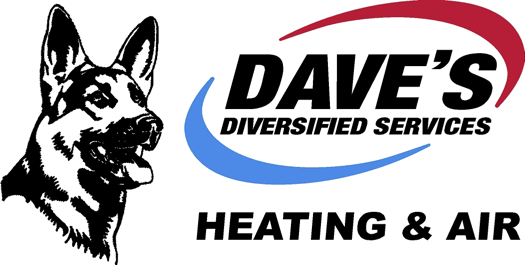
Even when temperatures are comfortable indoors, some homeowners notice their sense of comfort does not feel complete. A common reason is poor indoor air quality, with allergens and airborne debris leading to a number of problems. From aggravating asthma to encouraging mold, higher air quality should be included in your overall HVAC plan.
Fortunately, homeowners have a solution at hand. Whole-house air purifiers can clear these troublesome particles, for better health and well-being. And as the name points out, they’re powerful enough to do so for every part of your home! A new, high-efficiency air purifier from Dave's Diversified Services could be just what you need to iron out those frustrating comfort problems.
What about the portable air purifiers you can use instead? While the principle is similar Is the Wiser Option
Cost remains a priority, and you might see the much smaller cost of a portable air purifier as as the driving factor in your choice. But when the goal is optimal air quality all year long, the strength of whole-house air purification becomes undeniable:
- A single system ensures clean air throughout your home: You won’t have to drag a portable purifier around from room to room since whole-house models are powerful enough to remove pollutants across your entire home.
- Significantly more efficient in the long run: Rather than relying on numerous portable air purifiers, a single, whole-house air purification system ensures high air quality for a very long time. This same reliability also prevents dust and debris from getting into the rest of your HVAC system, which in turn can help with the efficiency of your heating and cooling.
- Less maintenance is needed because of advanced filter technology: Clogged air filters are one of the most common reasons you notice problems with your HVAC system’s effectiveness. An air purification system helps keep these filters from clogging in the first place with their own impressive designs. For example, air purifiers with a HEPA filter give you access to superior air quality for residential properties.
For a Typical Household, Look for MERV Ratings Around 8
The Minimum Efficiency Rating Value (MERV) system was developed to help homeowners better understand the degree of air filtration they’re working with. While high MERV ratings mean more filtration, that isn’t necessarily something your average home requires.
The scale goes up to 20, but this is unnecessary outside of specialized facilities like the surgery theater in a hospital. For standard residential use, a MERV rating of 8 is usually enough. The air quality experts at Dave's Diversified Services can help you decide precisely which option will satisfy your needs.
